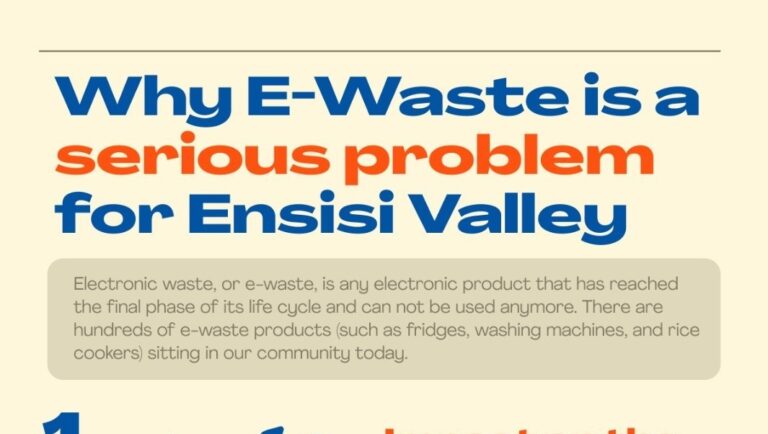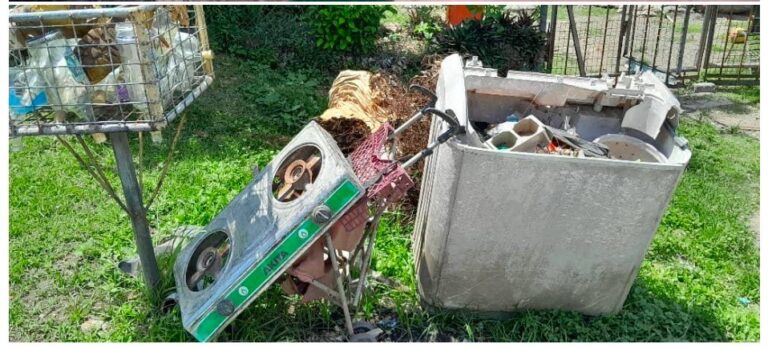Country Project
Papua New Guinea
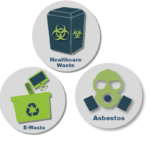
ENVIRONMENTALLY SOUND MANAGEMENT OF HAZARDOUS WASTE (ASBESTOS, E-WASTE, AND HEALTHCARE WASTE)

ENVIRONMENTALLY SOUND MANAGEMENT OF HAZARDOUS WASTE (ASBESTOS, E-WASTE, AND HEALTHCARE WASTE)
The Papua New Guinea project seeks to provide a holistic approach to hazardous waste management through the development of national strategies and regulations, and build capacity and community awareness, to help PNG achieve environmental, economic, social, and health benefits.
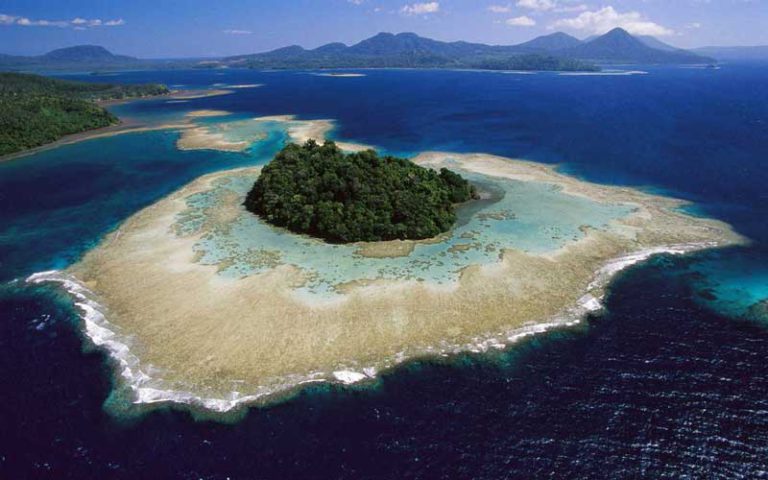
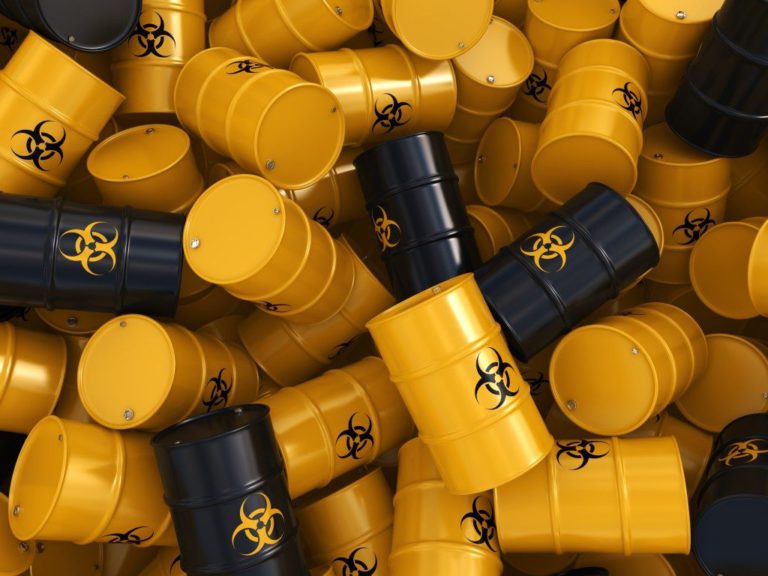
Project Description
Current Situation
Hazardous waste management remains a challenge in Papua New Guinea where exposure to toxic substances and chemicals have adverse impacts on public health and the environment. Increased exposure to hazardous waste is known to cause disease and create serious health problems. For many communities in PNG water resources can be contaminated by pollutants through poorly managed waste handling and disposal. Post-World War II consumer habits have also greatly increased the amount of waste generated in many Pacific countries including PNG.
What is the PNG Project About?
Hazardous waste management is a challenge in Papua New Guinea where exposure to toxic substances and chemicals have adverse impacts on public health and the environment. This project shall provide a holistic approach to hazardous waste management through the development of national strategies and regulations, and build capacity and community awareness, to help PNG achieve environmental, economic, social, and health benefits.
Future Situation
Improved long-term management of three waste streams in Papua New Guinea – asbestos, E-waste, and healthcare waste. Land, water, and air pollution caused by inappropriate management of hazardous wastes and materials is reduced as residents and businesses appropriately store and manage waste in accordance with the newly crafted regulations, policies, and procedures. Reduction of hazardous waste related illness by the creation, revision and execution of various hazardous waste management strategies and capacity building efforts. Reduce exposure to ACM and potential health complications by the creation and adoption of a ban on the import of ACM.
Latest news & updates
Browse through all the news & updates related to this project
Project resources
Browse through all the resources published from this project.
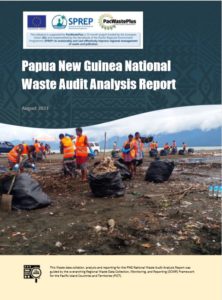
Research Report
Papua New Guinea National Waste Audit Analysis Report
This Waste data collation, analysis and reporting for the PNG National Waste Audit Analysis Report was guided by the overarching Regional Waste Data Collection, Monitoring, and Reporting (DCMR) Framework for the Pacific Island Countries and Territories (PICT).
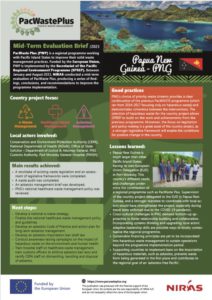
General
Mid-Term Evaluation PacWaste Plus Programme – Papua New Guinea Project Evaluation Brief
The Pacific – European Union Waste Management (PacWaste Plus) Programme has completed an external Mid-Term Evaluation. The evaluators from NIRAS International Consulting have produced a suite of products highlighting the Mid-Term Evaluation findings. This country brief highlights the mid-term review findings for the Papua New Guinea PacWaste Plus project.
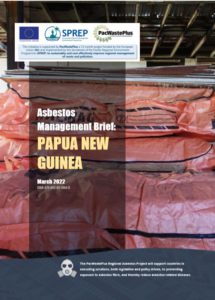
Factsheet
Asbestos Management Brief: PNG
The PacWastePlus Regional Asbestos Project will support countries in executing solutions, both legislative and policy-driven, to prevent exposure to asbestos fibre, and thereby reduce asbestos-related diseases. This document provides guidance for PNG to progress work on the development and implementation of a National ACM ban with this resource providing background information, identifying policy and legislative options available.
Frequently asked questions
-
- Adopt appropriate regulations, policies, and procedures to eliminate importation of asbestos and asbestos-containing materials (ACM) in PNG.
- Enhance the capacity of government and private industry to better handle, manage and dispose of hazardous waste [e-waste, healthcare waste, asbestos-containing materials].
- Create a plan of action to achieve appropriate and sustainable management of hazardous wastes [e-waste, healthcare waste, asbestos-containing materials], thereby improving the health and welfare of the community.
-
- Exposure to hazardous waste can have direct health impacts on the community and adversely affect the environment. This project will reduce those impacts both in terms of human health and the environment.
- Create a plan of action to achieve appropriate and sustainable management of hazardous wastes [e-waste, healthcare waste, asbestos-containing materials], thereby improving the health and welfare of the community.
- Enhance the capacity of government and private industry to better handle, manage and dispose of hazardous waste [e-waste, healthcare waste, asbestos-containing materials].
- Adopt appropriate regulations, policies, and procedures to eliminate importation of asbestos and asbestos-containing materials (ACM) in PNG.
-
Provision of a holistic approach to hazardous waste management through national strategies and regulations, capacity building, and community awareness. These activities will be implemented nationally to help PNG achieve environmental, economic, social, and health benefits.



